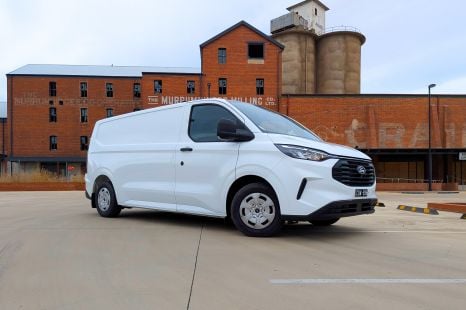

William Stopford
3 Days Ago
Peugeot is the latest brand to announce when it will ditch internal combustion engines in Europe, with the lion marque going EV-only by 2030.

Journalist
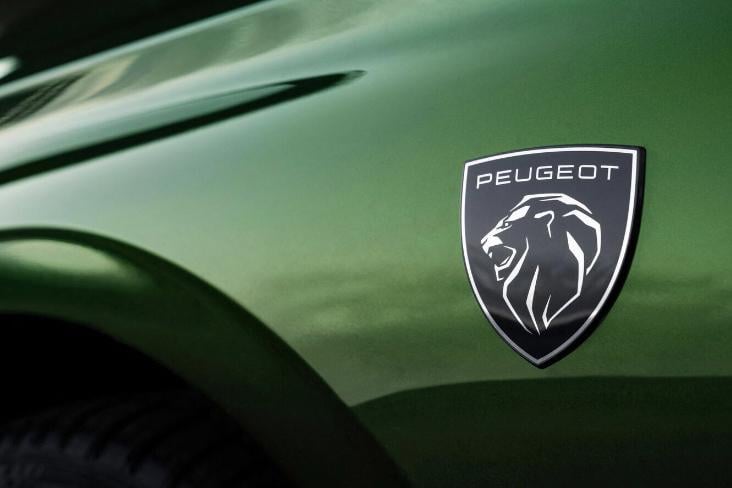

Journalist
From 2030 the Peugeot lion will give up its roar, and switch to a buzzy whine across Europe.
Linda Jackson, CEO of the Peugeot brand, told Automotive News, “By 2030 in Europe all of our models will be electric”.
Unlike some other brands, such as Volvo and Bentley, which are aiming to sell only EVs across the globe by 2030, Peugeot isn’t making a complete break with internal-combustion engines.
Jackson noted, “I still have to make sure I maintain internal-combustion offerings for my international customers”.
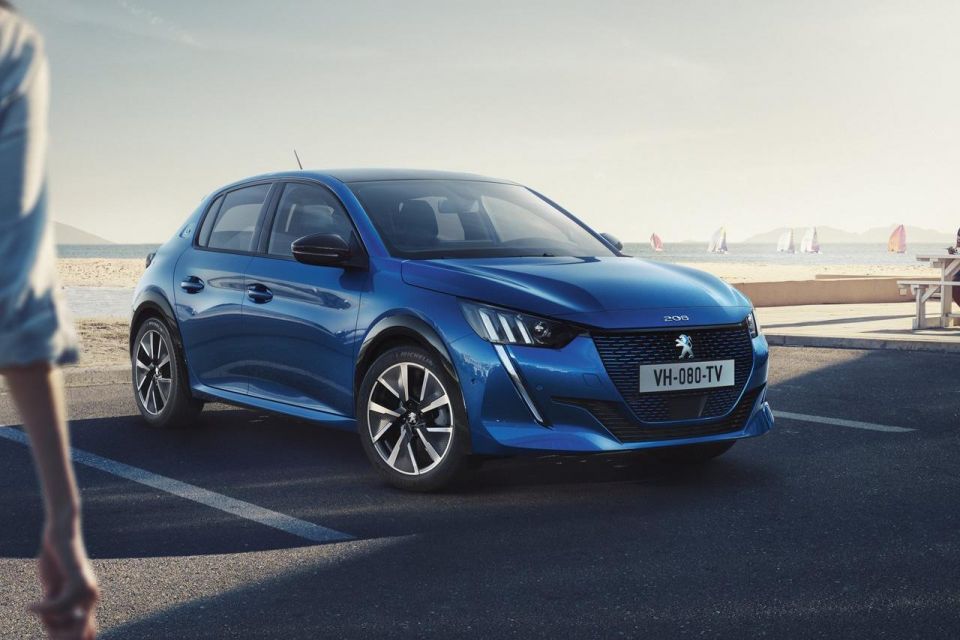
Peugeot has a strong presence in Africa and Latin America, and both these regions are shifting to EVs at a much slower pace than Europe, North America and China.
From the middle of the decade, all new Peugeot models will be based on either the STLA Small, Medium or Large platforms. These three architectures are designed around the needs of electric drivetrains, but are still capable of supporting internal-combustion engines.
It’s unclear how Australia fits into Peugeot’s EV transition. All of the vehicles sold by the brand Down Under are currently sourced from European factories.
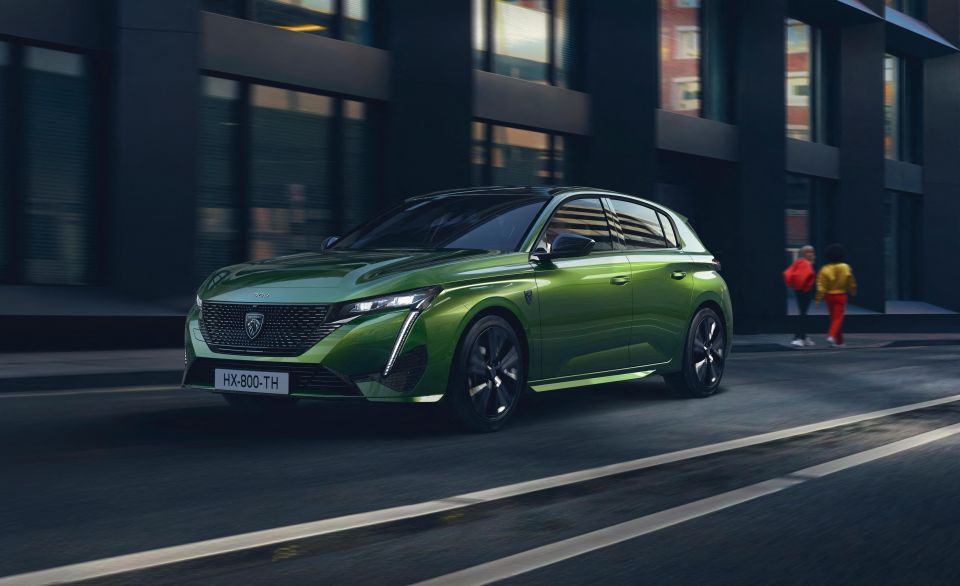
In Europe a number of Peugeot vehicles are available with the option pure electric drivetrains, including the 208, 2008, and various vans. The popular 308 hatch and 3008 crossover are due to gain EV variants soon.
By 2024 the brand says every model in its European range will be available with either a plug-in hybrid or pure EV drivetrain option.
At present EV models account for around 20 per cent of 208 sales across Europe, which is ahead of the company’s initial projection of 10 to 15 per cent.
Earlier this year the European Commission announced plans to ban the sale of new petrol, diesel, hybrid and plug-in hybrid passenger cars in the EU from 2035.
Prior to today’s announcement, a number of Stellantis brands have already committed to only offering EVs, including Lancia (2024), DS (2024), Alfa Romeo (2027), and Opel/Vauxhall (2028 in Europe).
Take advantage of Australia's BIGGEST new car website to find a great deal on a Peugeot.
Derek Fung would love to tell you about his multiple degrees, but he's too busy writing up some news right now. In his spare time Derek loves chasing automotive rabbits down the hole. Based in New York, New York, Derek loves to travel and is very much a window not an aisle person.


William Stopford
3 Days Ago
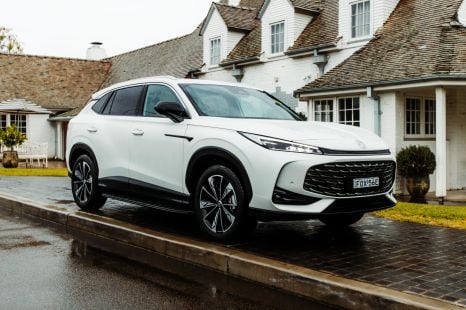

James Wong
2 Days Ago
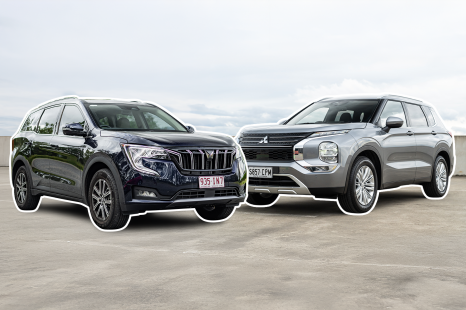

Andrew Maclean
1 Day Ago
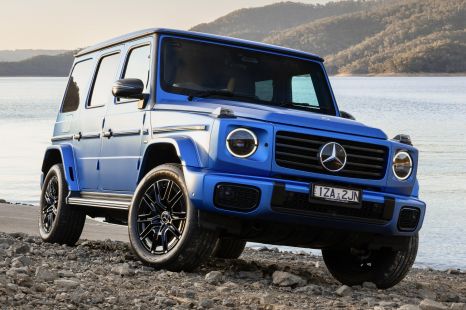

Max Davies
20 Hours Ago
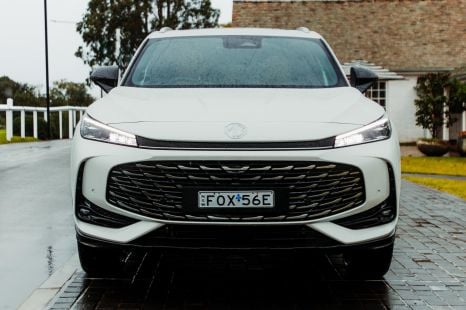

James Wong
16 Hours Ago


Josh Nevett
15 Hours Ago